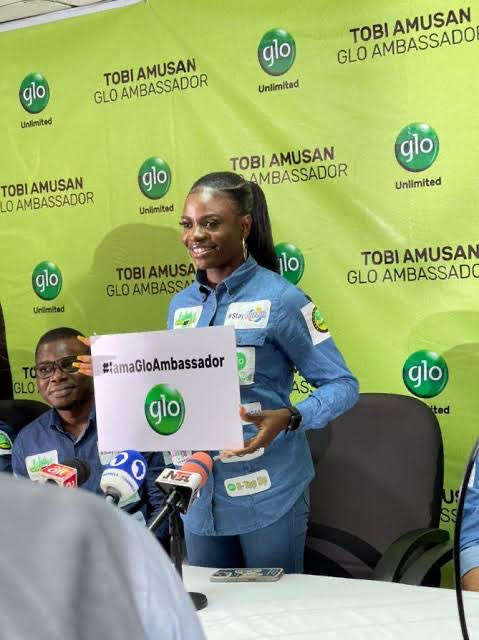By Felicia Nwosu
To build a stronger media profession that would work for the good of the Nigerian people and not for self-aggrandizement in order to strengthen public confidence, the Nigerian media has inaugurated a nine-member board of the National Media Complaints Commission (NMCC), otherwise known as the National Ombudsman, to serve as a watchdog and regulate practice.
The nine-member commission which comprises prominent Nigerians drawn from the media, the bar, the academia, and civil society is chaired by a former managing director, Guardian Newspaper, Mr. Emeka Izeze. Other members are Mr. A. B Mahmoud, SAN, former president of the Nigerian Bar Association (NBA); Prof Chinyere Stella Okunna, deputy vice chancellor, (Academics) Paul University, Awka, Anambra State; Dr. Hussain Abdu, a development specialist and country director, Care International (Nigeria); Mr. Lanre Idowu, Editor-In-Chief, Diamond Publications Ltd. and founder, Diamond Awards For Media Excellence (DAME); Mr. Edetaen Ojo, Executive Director, Media Rights Agenda (MRA), Mrs. Dupe Ajayi-Gbadebo, a journalist, lawyer and arbitrator; Mrs. Eugenia Abu, broadcaster, author and columnist, and the chair, House of Representatives Committee on Information.
Uncle Sam Amuka, the chairman and publisher of Vanguard Newspapers, while inaugurating the Commission, acknowledging that it would be of great benefit to the media profession and the country in general.
Mallam Kabir Yusuf, the President, Newspaper Proprietors Association of Nigeria (NPAN) stated during the inauguration that the umbrella body of owners, editors, and reporters of print and online Journalists in Nigeria, is taking the responsibility of regulating its work and conduct.
Yusuf, who is the chairman of Media Trust Group, explained that the commission would “serve as an independent forum for resolving complaints about the press quickly, fairly, and free of charge; maintain high standards in Nigerian journalism and journalists’ ethics; and defend the freedom of the press and the right of the people to know”.
He confirmed that both radio and television are already regulated or over-regulated as some would argue, the “print, which is the oldest and online, which is the newest, have escaped such control, the former warned by the lessons of history, and the latter, by the amplitude of technology.”
“Powerful and privileged Nigerians, irritated by the nosiness of the media, often express the wish for some checks on its powers. I sometimes think that such people take freedom for granted because it is there. I guess it is not the daily concern of the citizen to worry about how the freedom we enjoy was won and kept. The press exists to guard such liberties. But in the land of impunity, which Nigeria has become, our exertions merely annoy, rather than hinder, the powers that be.
“If this sounds like an attempt to sanctify the press, let me switch gear. We have our own faults enough. Some journalists seem all out to prove that their pen is indeed a sword, for slaying real or imaginary enemies. The Ombudsman will call such people to order. To appreciate that the power of the press should be used for good, not for self-aggrandizement to be effective, the physician has to heal himself before he can apply the cure to others.”
He said the NPO had selected a strong team, “to administer this medicine.”
In similar vein, Emeka Izeze, the chairman of the Commission, declared that the Commission’s mandate was not to gag the press. He noted that while the media owners had fought for so long “to keep the media unaffected by the shenanigans of the people in government,” the media practitioners had not put themselves in check.
“We think that we have to be fair to ourselves, we haven’t always done the right thing. Instead of waiting for people who don’t understand what this job entails to put us down, an initiative such as this by the NPO, it’s something that is worth giving a thought. That’s the only way to keep our profession safe and away from the check of the government. Our job is not to gag the press, we will not do that. But to give the public a channel for seeking redress and knowing that would be enforced.
“I assure you we would attempt to do justice to your expectations and see how far we can go to help the media operate professionally, to give what this nation needs. We can’t make progress in this nation without the media operating professionally.”
Members of the commission present all pledged their commitment to discharge their duties to the best of their ability and towards the promotion of best practices in journalism.
Meanwhile, Christopher Isiguzo, President of the Nigeria Union of Journalists (NUJ), has reaffirmed that the newly inaugurated National Media Complaints Commission (NMCC) will build a stronger media profession that would work for the Nigerian people. Isiguzo said the Ombudsman is the stakeholders’ own way of responding to the persistent efforts by the National Assembly to come up with some forms of regulation for the media industry.
“We felt we have capacity as the stakeholders in the industry to regulate ourselves. What we have done is a co-regulation because it is not just the media professionals that are on the board; we have Nigerian Bar Association (NBA), Civil Society Organisations (CSOs) and the Chairman, House of Representatives Committee on Information. Everybody has been brought on board to ensure that we look at the media and have an industry that works for the Nigerian people. This will bring confidence and trust to the media. It will also engender high level of professionalism and help us build a stronger media profession in Nigeria,” the NUJ boss said.






Comment
No comments found.